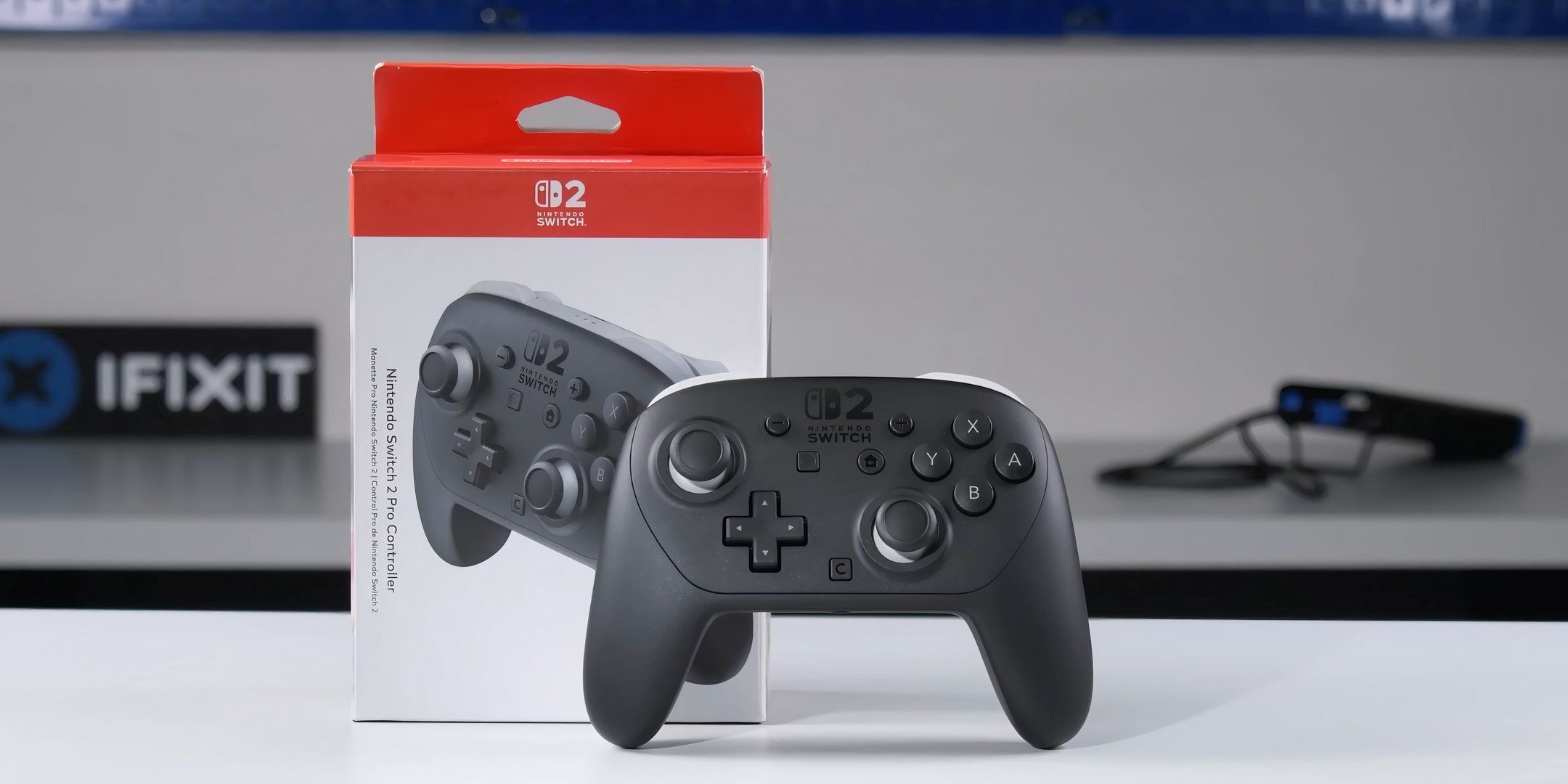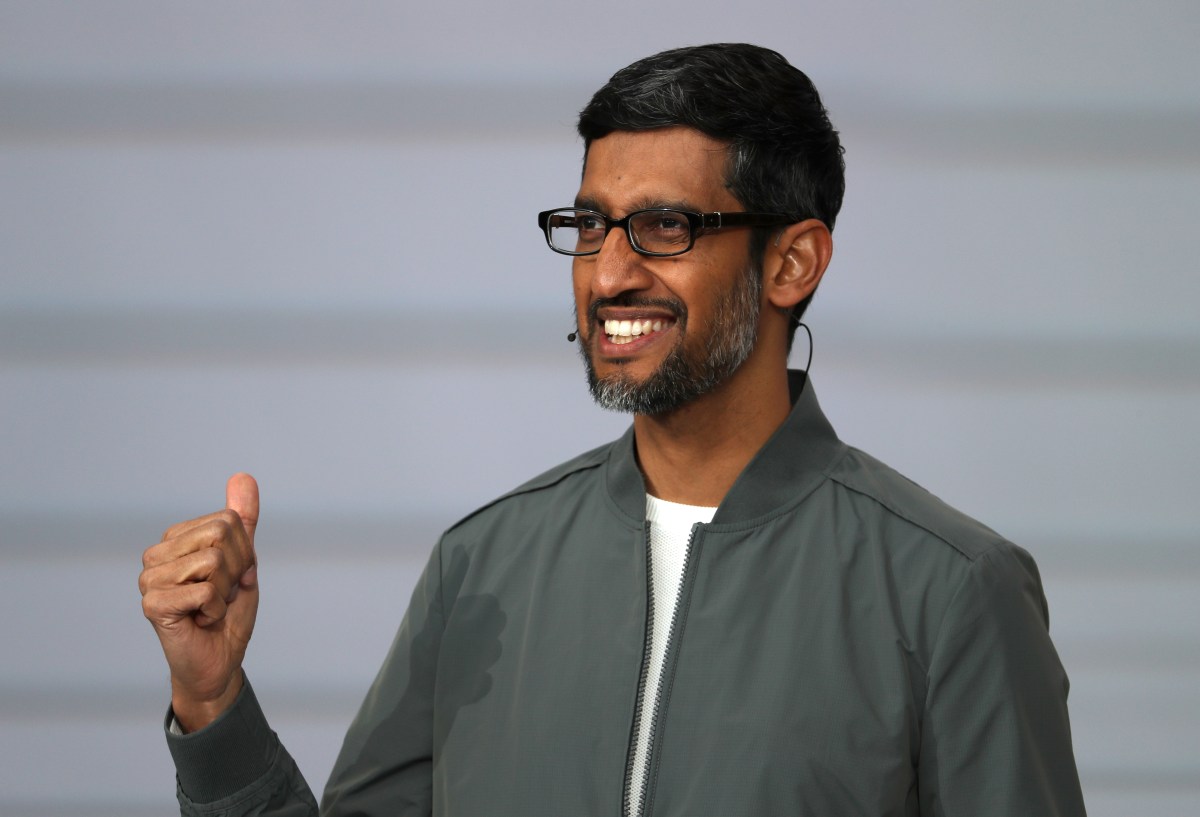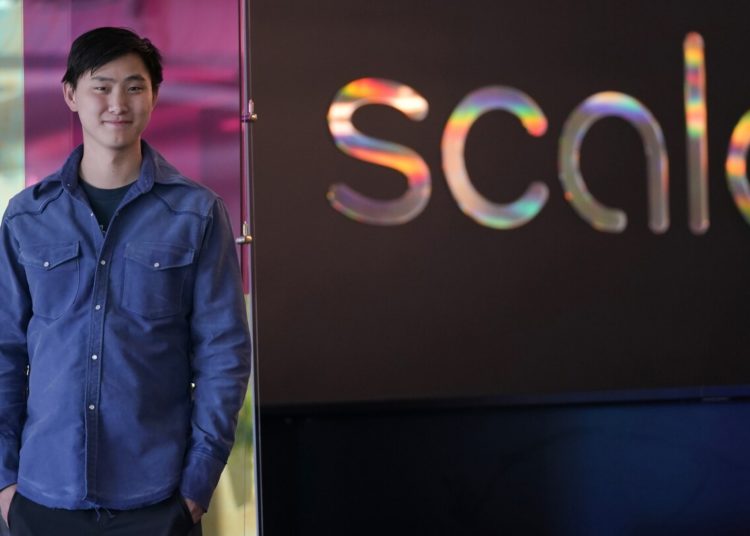The Future of OpenAI: Challenges and Opportunities
Introduction
OpenAI, the world's leading AI startup, has been making waves in the tech world with its cutting-edge AI technology and impressive $300 billion valuation. However, with over 500 million users and fierce competition from companies like Meta and Google, the company is facing multi-front attacks that may threaten its position in the market. While OpenAI has been successful in fending off its competitors so far, the question remains: for how long will it be able to hold on to its top spot?
Current Scenario
OpenAI's impressive technology has caught the attention of many, including the sharks of the business world. Meta, a subsidiary of Facebook, has been making significant strides in the AI space and has even acquired a smaller AI startup, DeepMind. Google, on the other hand, has been investing heavily in AI research and development, with its Google Brain team leading the way. With these giants
About the Organizations Mentioned
OpenAI
OpenAI is a leading artificial intelligence research and deployment company founded in 2015 with the mission to ensure that artificial general intelligence (AGI)—AI systems generally smarter than humans—benefits all of humanity[1][2]. Initially established as a nonprofit, OpenAI’s goal has always been to advance safe and broadly beneficial AI technologies. In 2019, OpenAI created a for-profit subsidiary to scale its research and deployment efforts while keeping mission-aligned governance. As of October 2025, this structure evolved into the OpenAI Foundation (nonprofit) governing the OpenAI Group, a public benefit corporation (PBC). This unique corporate form legally binds OpenAI Group to prioritize its mission alongside commercial success, ensuring broader stakeholder interests are considered[1]. The Foundation holds equity in the Group, aligning incentives for long-term impact and growth. Microsoft owns approximately 27% of OpenAI Group, with employees and investors holding the rest[1]. OpenAI is renowned for pioneering breakthroughs in large language models and AI applications. Its products like ChatGPT revolutionized human-computer interaction by enabling natural language conversations and task automation. OpenAI continuously innovates by integrating AI into business tools—for example, its recent launch of “company knowledge” in ChatGPT Business harnesses AI to aggregate and analyze internal company data from apps like Slack, Google Drive, and GitHub, enhancing workplace productivity and decision-making[3]. Key achievements include advancing AI safety research, reducing hallucinations in language models, and expanding AI’s accessibility through products like Codex and ChatGPT Atlas (a browser with ChatGPT integration)[2]. OpenAI’s balanced governance model and cutting-edge research position it uniquely at the intersection of technology innovation and ethical AI development, making it a focal point in business and technology news globally.
Meta
Meta Platforms, Inc., known simply as Meta, is a leading American multinational technology company headquartered in Menlo Park, California, best known for its ownership of major social media platforms such as Facebook, Instagram, WhatsApp, Messenger, and Threads[1]. Founded in 2004 as TheFacebook, Inc., it rebranded to Facebook, Inc. in 2005 and adopted the Meta name in 2021 to signal its strategic pivot towards building the "metaverse"—a digital ecosystem integrating virtual and augmented reality technologies[1]. Meta primarily generates revenue through advertising, which constituted approximately 97.8% of its total income as of 2023[1]. The company is a key player among Big Tech firms, alongside Nvidia, Microsoft, Apple, Alphabet, and Amazon, with a market capitalization of about $1.585 trillion as of early 2025[6]. It has a vast global user base, with Facebook alone boasting hundreds of millions of users in countries like India (378 million), the U.S. (194 million), Indonesia, and Brazil, supported by extensive localization efforts for over 111 languages[6]. Meta invests heavily in research and development, spending $35.3 billion in 2022, making it the world’s third-largest R&D spender[1]. Its current focus emphasizes artificial intelligence (AI) and superintelligence, with major investments such as a multibillion-dollar funding round in AI startup Scale AI in 2025, and the development of advanced AI models like Llama 4.1 and 4.2 through its Meta Superintelligence Labs[1][2]. This AI-driven shift reflects Meta’s evolving mission to empower individual users through personalized digital experiences, moving beyond its original social networking identity[2]. In addition to social media and AI, Meta pursues innovation in augmented reality (AR) and virtual reality (VR) hardware, notably through products like Meta Quest VR headsets and Ray-Ban Meta smart glasses,
Facebook, now operating under the parent company Meta Platforms, Inc., is a pioneering American social media and technology organization that has fundamentally reshaped global communication and digital marketing. Founded in 2004 by Mark Zuckerberg and four Harvard University classmates, Facebook began as a campus networking site before rapidly expanding to become the world’s largest social network. Its mission—to connect people and foster human interaction—has driven its evolution from a simple online directory into a multifaceted digital ecosystem. Facebook’s core platform enables users to create profiles, share content, join groups, and interact with friends and communities worldwide. Over the years, it has introduced groundbreaking features such as News Feed, Messenger, Marketplace, and Reels, continually adapting to user behavior and technological trends. The organization has also expanded its reach through acquisitions, including Instagram and WhatsApp, making Meta one of the most influential tech conglomerates globally. Facebook’s achievements are monumental: it was the first social network to surpass one billion users and now boasts over 3.07 billion monthly active users as of 2025. It ranks as the third-most-visited website worldwide and remains the second-largest digital ad platform, generating over $116 billion in ad revenue annually. Its robust advertising tools and e-commerce integrations, such as Facebook Shops and Marketplace, have made it indispensable for businesses seeking global reach and measurable ROI. Despite facing criticism over privacy, misinformation, and content moderation, Facebook continues to innovate, introducing AI-powered features, new monetization options for creators, and advanced ad targeting. Its enduring popularity, especially among millennials and Gen Z, and its ongoing expansion into virtual reality and the metaverse, underscore its pivotal role in shaping the future of digital connection and commerce.
DeepMind
**DeepMind** is a British-American artificial intelligence (AI) research laboratory, founded in London in 2010 by Demis Hassabis, Mustafa Suleyman, and Shane Legg. It became part of Alphabet Inc. after being acquired by Google in 2014 and later merged with Google's Brain division in 2023, forming Google DeepMind. The company is headquartered in London with research centers in the US, Canada, and Europe[1][6]. DeepMind's mission is to **solve intelligence and use it to advance science and technology** across diverse fields. Initially, it focused on developing AI that learns through experience, mastering complex games like Atari video games and the ancient game Go using reinforcement learning. Its breakthrough came in 2016 when its AlphaGo program defeated Go world champion Lee Sedol, marking a milestone in AI research. This was followed by AlphaZero, which quickly mastered Go, chess, and shogi without human data. Subsequent AI systems include MuZero for game-playing and AlphaFold, which revolutionized biology by accurately predicting protein folding, a decades-old scientific challenge[1][2]. In recent years, DeepMind has expanded into **cutting-edge AI models and applications** such as Gemini 2.5, launched in March 2025. Gemini 2.5 is a versatile multimodal AI capable of processing text, images, and audio, powering advanced coding agents like AlphaEvolve and robotics models (Gemini Robotics). It also produces generative AI models including Imagen (text-to-image), Veo (text-to-video), and Lyria (text-to-music)[1][3][4]. DeepMind actively pursues responsible AI development with an emphasis on safety, ethics, and societal impact. It collaborates with industries such as healthcare, energy, and climate science. Notably, DeepMind is partnering with fusion energy startups to apply AI in simulating plasma behavior to help advance fusion power, a potential clean energy breakthroug
Google Brain
## Google Brain: A Pioneering AI Research Team **Introduction to Google Brain** Google Brain, founded in 2011, was a groundbreaking artificial intelligence research team at Google. It aimed to combine open-ended machine learning with vast computing resources, mirroring aspects of human brain function. The team was led by Jeff Dean and Greg Corrado, with contributions from Andrew Ng[2][8]. Google Brain was pivotal in advancing AI research, particularly in deep learning and neural networks. **History and Key Achievements** One of Google Brain's most notable achievements was in 2012 when it trained a neural network to recognize cats from 10 million YouTube images using a cluster of 16,000 processors[2][8]. This project highlighted the potential of large-scale machine learning. In 2013, Google hired Geoffrey Hinton, a leading deep learning researcher, further bolstering the team's capabilities[2]. Google Brain also developed TensorFlow, an open-source software library for machine learning, which has become a cornerstone in the AI community[1][2]. Additionally, the team worked on various internal AI projects, contributing significantly to natural language processing and machine learning research. **Current Status** As of April 2023, Google Brain merged with DeepMind to form Google DeepMind, further integrating AI research efforts within Google[2]. This merger aimed to accelerate AI advancements, leveraging the combined expertise and resources of both teams. **Notable Aspects** Google Brain's work has been instrumental in promoting open research practices, regularly publishing findings at top academic conferences and releasing tools like TensorFlow as open-source projects[1]. The team's influence extends beyond its research, as it has inspired a broader AI ecosystem within Google and beyond. Today, the legacy of Google Brain continues through Google DeepMind, with ongoing efforts to push AI boundaries in areas like scientific discovery and advanced computing[3][4]. This evolution underscores Google's commitment to AI innovation and its impact on future technological advancements.














